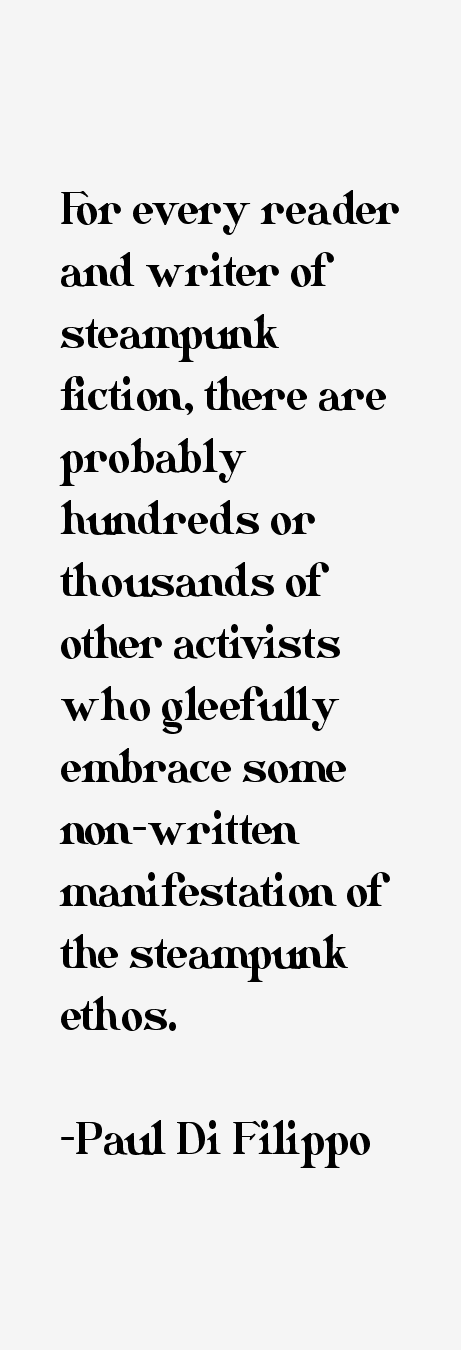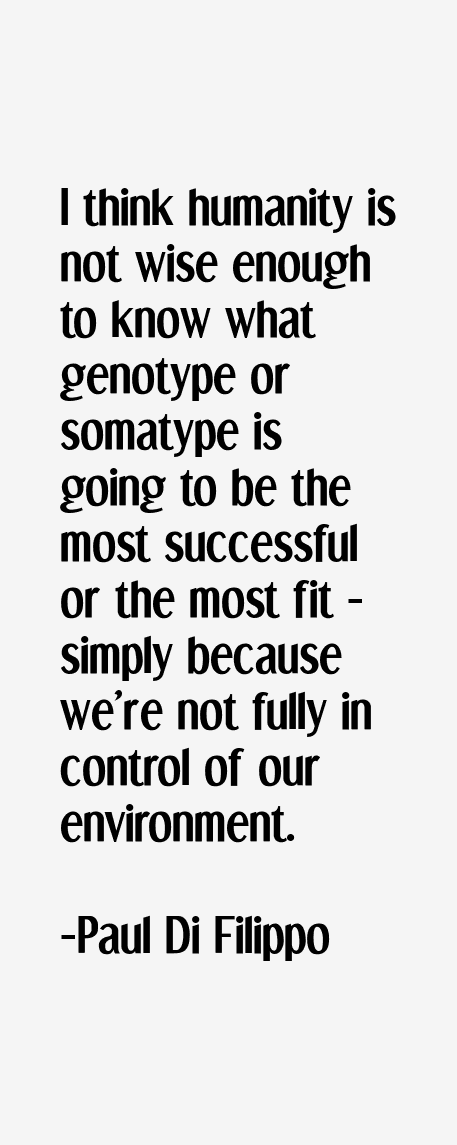Paul Di Filippo Quotes & Sayings (Page 2)
Paul Di Filippo quotes and sayings page 2 (writer). Here's quote # 11 through 20 out of the 57 we have.

“Consensus wisdom has it that all modern commercial fantasy novels fall into two camps: those derived from J.R.R. Tolkien and those derived from Mervyn Peake. The 'Lord of the Rings' template or the 'Gormenghast' mold.”

“Critics, at least generally, want to regard works of fiction as independent entities, whose virtues and failures must be reckoned apart from the circumstances of their creation, and even apart from the intentions of their creator.”
“Everyone can guess what 'Corn Flakes' tastes like, even if you've never had them. But what, pray tell, does 'High School Musical' or 'Spider-Man' cereal possibly taste like? In this late era, we have reached the ultimate deracination between product image and what actually sits on our spoon.”

“For every reader and writer of steampunk fiction, there are probably hundreds or thousands of other activists who gleefully embrace some non-written manifestation of the steampunk ethos.”

“Generally speaking, by the time a subculture such as steampunk secures the attention of major media, resulting in extensive coverage of the craze, said phenomenon is already on the way out.”

“Generational change within a genre is hard to parse while it's happening. Only in retrospect can the passing of the baton from ancestors to progeny be clearly discerned.”
“I suspect that authors who start their careers writing for an adult audience - and who eventually produce a young adult novel or two - are more common than authors who begin by writing for young adults and who then gravitate toward composing something for an adult audience.”

“I think humanity is not wise enough to know what genotype or somatype is going to be the most successful or the most fit - simply because we're not fully in control of our environment.”
“It is truly bracing and instructive to contemplate the End Times - at least at safe remove, in the pages of fiction - especially as the world beyond our hearths churns and convulses unknowably, yet perhaps just short of ultimate disaster.”

“It was not until the appearance of cyberpunk in the 1980s that SF began to grapple in a broadly meaningful way with the reality of computers as something other than giant mainframes tended by crewcut IBM nerds.”
Paul Di Filippo Quotes Rating
No Ratings Yet
Leave A Comment
























